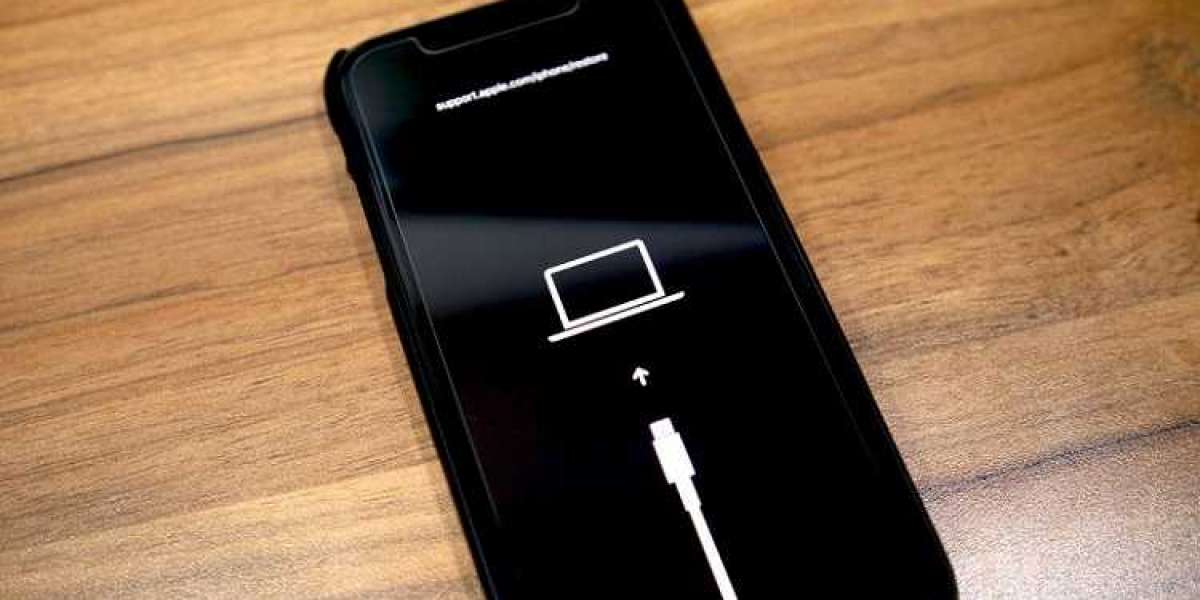Electric cars and batteries: how will the world produce enough?
The age of the electric car is upon us. Earlier this year, the US automobile giant General Motors announced that it aims to stop selling petrol-powered and diesel models by 2035. Audi, based in Germany, plans to stop producing such vehicles by 2033. Many other automotive multinationals have issued similar road maps. Suddenly, major carmakers’ foot-dragging on electrifying their fleets is turning into a rush for the exit.Get more news about Car Battery,you can vist our website!
The electrification of personal mobility is picking up speed in a way that even its most ardent proponents might not have dreamt of just a few years ago. In many countries, government mandates will accelerate change. But even without new policies or regulations, half of global passenger-vehicle sales in 2035 will be electric, according to the BloombergNEF (BNEF) consultancy in London.
This massive industrial conversion marks a “shift from a fuel-intensive to a material-intensive energy system”, declared the International Energy Agency (IEA) in May1. In the coming decades, hundreds of millions of vehicles will hit the roads, carrying massive batteries inside them (see ‘Going electric’). And each of those batteries will contain tens of kilograms of materials that have yet to be mined.Anticipating a world dominated by electric vehicles, materials scientists are working on two big challenges. One is how to cut down on the metals in batteries that are scarce, expensive, or problematic because their mining carries harsh environmental and social costs. Another is to improve battery recycling, so that the valuable metals in spent car batteries can be efficiently reused. “Recycling will play a key role in the mix,” says Kwasi Ampofo, a mining engineer who is the lead analyst on metals and mining at BNEF.
Battery- and carmakers are already spending billions of dollars on reducing the costs of manufacturing and recycling electric-vehicle (EV) batteries — spurred in part by government incentives and the expectation of forthcoming regulations. National research funders have also founded centres to study better ways to make and recycle batteries. Because it is still less expensive, in most instances, to mine metals than to recycle them, a key goal is to develop processes to recover valuable metals cheaply enough to compete with freshly mined ones. “The biggest talker is money,” says Jeffrey Spangenberger, a chemical engineer at Argonne National Laboratory in Lemont, Illinois, who manages a US federally funded lithium-ion battery-recycling initiative, called ReCell.













